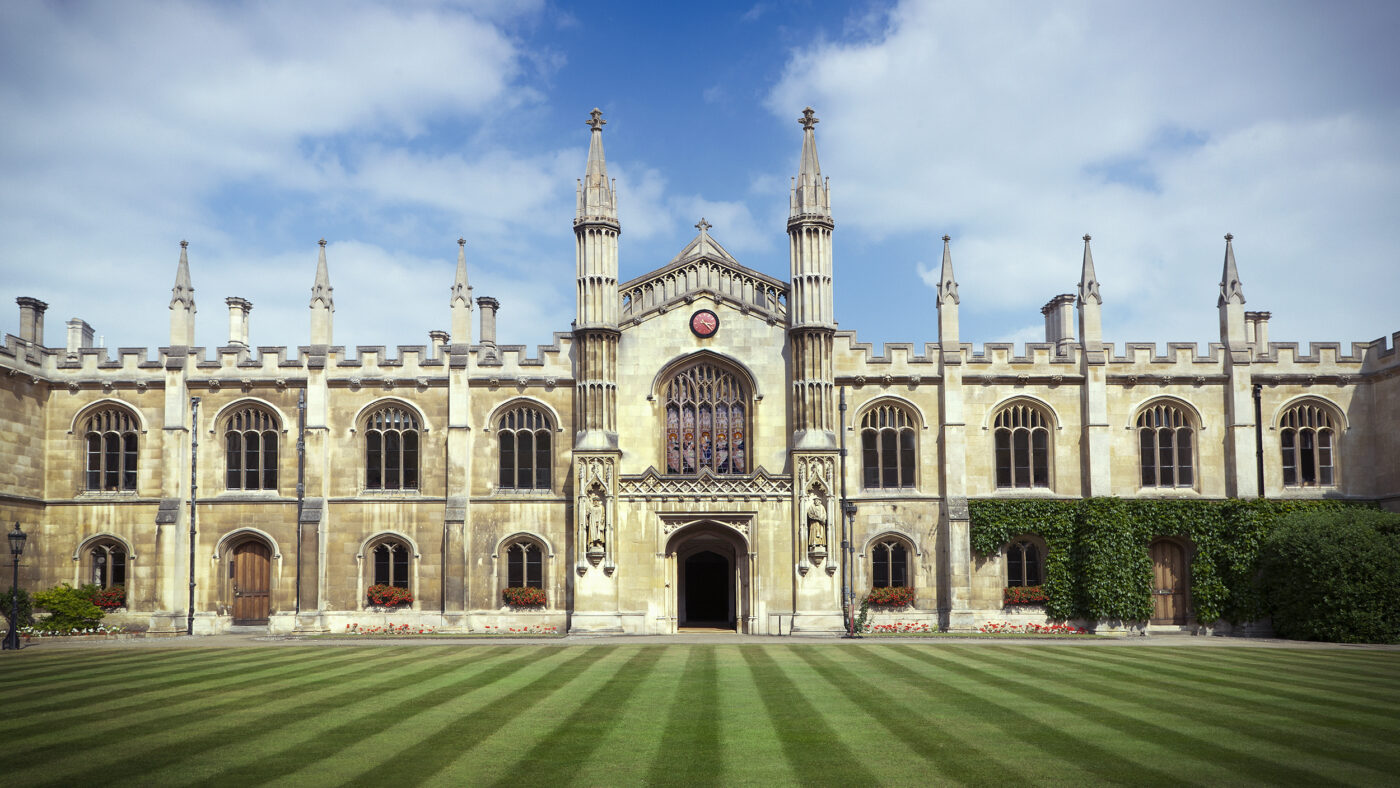I have a challenge for you. Without being able to name the species, describe to someone a horse in such a way that they can only get the answer ‘horse’, no other animal, mineral or vegetable.
After defining their physical attributes, you might describe an animal used for riding long distances – and then remember that donkeys, too, fit that profile. Or you might say they were used by the gentry for pulling their carriages… until you’re confronted with pictures of Walter Rothschild being drawn around Tring by his pet zebras.
The point is, you might get there eventually, but it is a trickier needle to thread than you might expect initially. And so it is with the current focus on independent schools and how one might classify them if, as the Labour Party has announced, they are to be carved out from education’s exemption to VAT.
As David Kernohan has written in a blog for WonkHE, there is quite a bit of overlap between independent schools and universities: for example, the tax treatment – charities that don’t charge VAT on fees – is, in most cases, exactly the same. And universities with an eye on their long-term prospects should be concerned about this.
So far, so what, you might think. Certainly, there have been no rumblings from Labour that they would wish to extend their plan further into other educational arenas.
The key here is that they are not operating on fact, but on belief. They are not proposing that independent schools justify their status by submitting to a test to prove they provide public worth – as they currently do in Scotland. Nor have they provided any figures to suggest that independent schools take more out of society than they put back in. Listen back to Bridget Phillipson talking about this and you’ll hear the word ‘believe’ an awful lot.
And this is a problem because what the Labour Party is proposing is that the definition of what constitutes a public good when it comes to education is not a legal one, nor a financial one but a political one. It is an ideological battle erroneously presented as a financially sensible decision.
Arguments pushed forward by the Labour Party include that independent schools operate as businesses. Sound familiar? They also argue that fees and board mean many independent schools are financially out of reach for disadvantaged families, who are underrepresented at such establishments. Ring a bell? And that these are institutions that do not fit with a modern view of what education should be – do stop me if you’ve heard that one.
Very few people would bet against Labour to win the next election. Universities might breathe a sigh of relief at that, having become a political flashpoint for the culture wars on several occasions. But what happens in a decade if the political landscape has shifted once more and higher education has dropped out of favour? Any person working in a university who has had even remote dealings with the Office for Students over the past years could wearily guess what might come next.
Once a precedent has been set, it is there ready for governments less aligned with the higher education sector to use against them. They don’t even need new arguments! They can just swap out the sector in barbs that have been used before.
It is all too easy to assume opposing Labour’s tax on children’s education is not a fight universities would, or should, be involved with. But if the sector does not work now to protect the idea of education as a public good free from politicking, they may find in years to come that they wish to close the stable door, only to find the horse has long since bolted.
Click here to subscribe to our daily briefing – the best pieces from CapX and across the web.
CapX depends on the generosity of its readers. If you value what we do, please consider making a donation.


